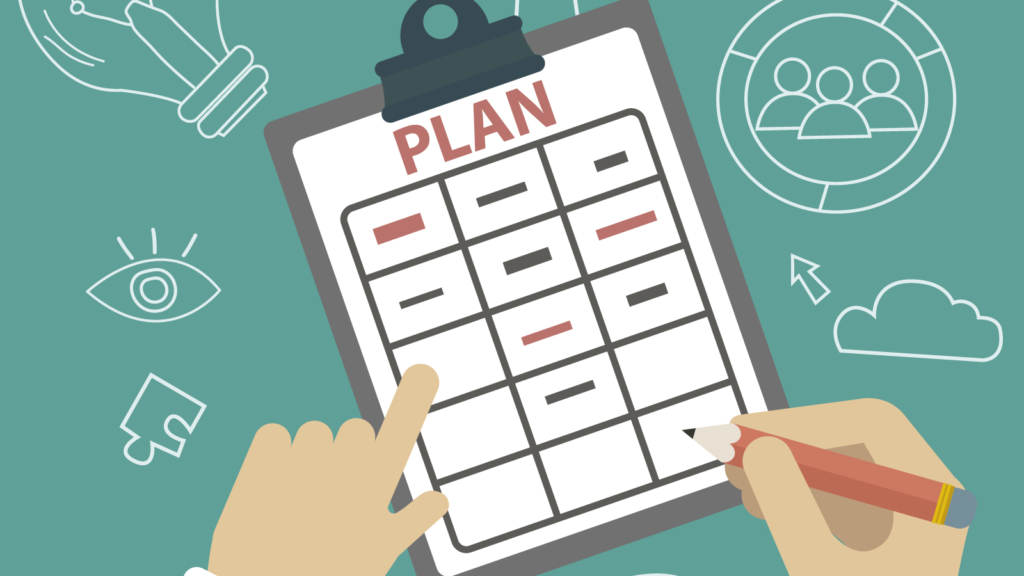It’s been said that “Those who fail to plan, plan to fail”. There’s just so much information out there, and it’ll take a long time to gather, organize, digest and apply the different options. The benefits of starting early are obvious. For starters, the stress is diminished – almost non-existent. There’s no time crunch, leading to a very relaxed, thoughtful investigation of resources. Then, there’s the ability to seek, acquire and capitalize on all that is available. When there’s too little time, you’re relegated to the few choices available in that short amount of investigative time.
It’s never too early to start researching and planning.
The earlier you start, the more time you have, and the more options become available. More time, more options. Those are good words for this long game. Ideally, it’s best to start when the kids are in kindergarten. It provides you with the time to figure out what options are available, and develop a strategy for how to navigate each grade with the eventual outcome of not paying a dime for college.
If you don’t have that kind of time, NOW is a good time to start. Forgive yourself for not knowing about this or starting earlier, and get started today. It’s not too late. There are parents featured on this website, who started when their children were high school seniors – and still managed to have their college education covered, without footing the bill. It’s possible – it’s hard work, but definitely possible. Start now.
Be consistent.
Consistency is key. The more time you give yourself, the more tempting and easier it is to sit back, take it easy, take time off, take breaks, let life happen and take you off track. Don’t allow yourself the chance to do that. Be self-disciplined. Set a dedicated time and schedule for you to do the work. That could mean, sitting down for 2 hours each week to find and apply for scholarships, or researching which CLEP exams are accepted by the colleges you’re interested in. Set a goal and time limit for each session, and don’t allow yourself to be distracted until that goal is reached, or that time limit is up. Sometimes, if the goal is large, you’ll have to pick it up again next session. To combat that, take small steps. Your goals, for each session, don’t have to be massive – many small steps, result in big leaps.

